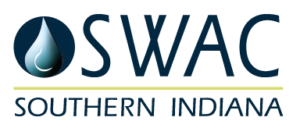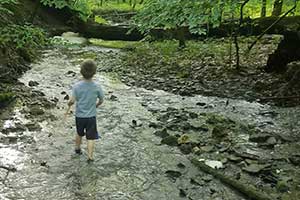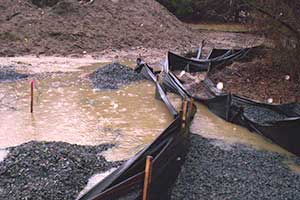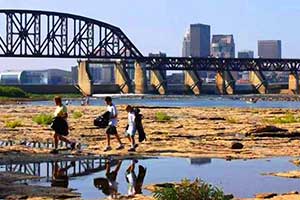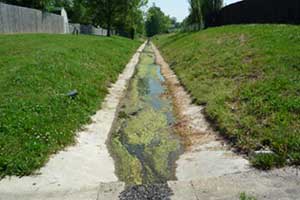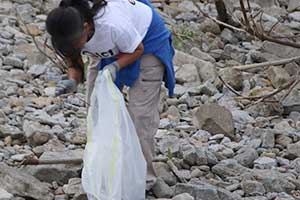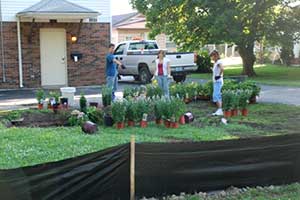What is Stormwater?
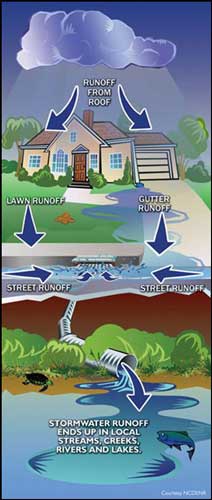
Stormwater discharges are regulated through the municipal separate storm sewer system (MS4) program, which is administered in Indiana by the Indiana Department of Environmental Management (IDEM). (See the MS4 Program page for more details.) As part of the MS4 program, communities are required to implement six minimum control measures (MCMs) related to stormwater discharges. These MCMs are described below. Click the titles below for more information.
Educate residents, visitors, public service employees and others about the impacts stormwater runoff can have on water quality and ways they can minimize their impact on stormwater quality. An understanding of stormwater issues will help gain public support for the MS4 program.
Encourages citizens within the MS4 area to participate and provide input in the development and implementation of the MS4 program. A community that is active and involved will be critical to the success of the program.
Illicit discharge is defined as any discharge to an MS4 conveyance that is not composed entirely of stormwater, except naturally occurring floatables, such as leaves or tree limbs. Sources of illicit discharges include sanitary wastewater, septic tank effluent, car wash wastewater, oil disposal, radiator flushing disposal, laundry wastewater, roadway accident spillage, and household hazardous wastes. An MS4 operator is required to develop and implement a strategy to detect and eliminate illicit discharges into MS4 conveyances.
This control is intended to reduce pollutants, principally sediment that is associated with construction activities. Requirements include the use of erosion and sediment control measures, as well as measures to properly manage and control other pollutants that may be associated with construction activities.
Addresses stormwater discharges from new development and redeveloped areas, often through the use of stormwater BMPs. Post-construction stormwater quality measures are long-term control systems that must be managed and maintained to ensure performance. The program will ensure that adequate maintenance will be performed on these stormwater quality measures.
Requires the MS4 to evaluate and alter operations internally to ensure a reduction in the pollutants that are generated from municipal operations. Includes maintenance and cleaning of roads, parking lots and MS4 conveyances, as well as proper disposal of wastes removed from these areas. Municipal personnel must also receive relevant stormwater training.
